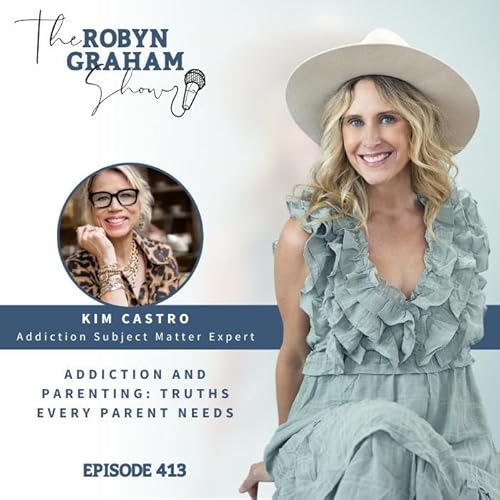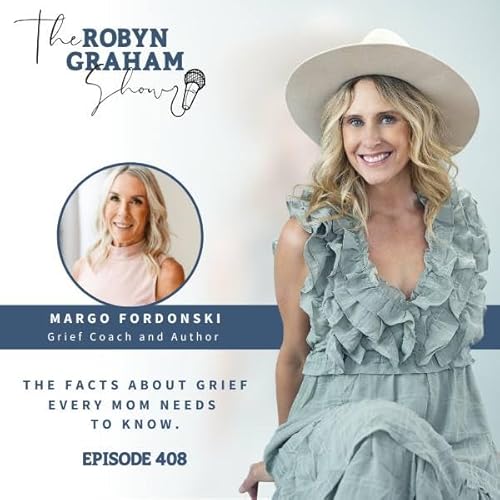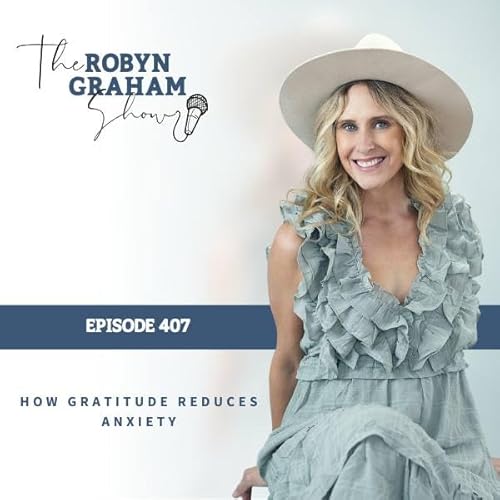People-pleasing is an indication of anxiety and nervous system dysregulation. So why are you people-pleasing? People pleasers frequently have experienced emotional chaos, abuse, emotional neglect, anxiety, or trauma that has left them feeling unsafe. The need to feel safe and to keep the peace drives people-pleasing. What is people pleasing? According to Psychology Today, people-pleasing is a need for approval and validation from others. People pleasers habitually focus more on helping others than caring for their own needs. In addition, people pleasers fear rejection and prioritize others' happiness over their own. Why are you people-pleasing? The need to people-please is multifaceted but includes the following: Avoid conflict We often see people-pleasing in those who have experienced trauma, anxiety, and emotional dysfunction in the family unit. If parents have used physical punishment, yelled and screamed, and the child has felt unsafe, they will strive to please others to keep peace in their environment. People-pleasing then becomes a pattern in other areas as well and carries forward into adulthood, relationships, and career. Emotional neglect When a child experiences emotional neglect, intentional or unintentional, they may strive to gain approval as a means of emotional connection. Again, these people-pleasing tendencies will carry over into adulthood in most, if not all, aspects of their lives. Anxiety If a person has anxiety, they are living in an abnormal state of fear. They may feel they are unable to cope, so they please others to avoid disrupting their ecosystem. Meaning, if they please others, they won't have to face challenges they fear they cannot handle. In addition, when someone is anxious and their nervous system is not regulated, they may experience a fawning response. Fawning is people-pleasing. Therefore, we can associate a dysregulated nervous system with the need to please others. Guilt and shame If a child grows up in a dysfunctional home or has anxiety, they may develop a sense of guilt and shame that their life has not been similar to or as good as that of others around them. In addition, they may feel that the dysfunction, yelling, screaming, fighting, abuse, or trauma may have been their fault. So many things can lead to someone feeling guilt and shame, but a sense of abnormalcy can exacerbate this. People-pleasing becomes a coping mechanism for emotional instability. What does it look like to be a people-pleaser? Consequences of pleasing others and sacrificing your own happiness. How to overcome being a people-pleaser. Things you can focus on to change from a people-pleasing mindset. It's not easy, but it's doable. Read the full show notes and access all links. https://therobyngraham.com/why-are-you-people-pleasing/
Show More
Show Less
 Dec 23 202552 mins
Dec 23 202552 mins 36 mins
36 mins Dec 9 202531 mins
Dec 9 202531 mins 34 mins
34 mins 33 mins
33 mins Nov 25 202542 mins
Nov 25 202542 mins 41 mins
41 mins Nov 11 202532 mins
Nov 11 202532 mins
